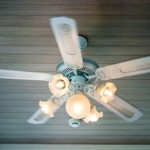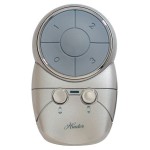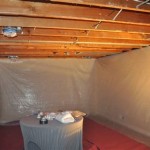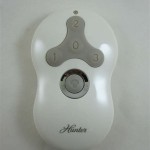Office Ceiling Lighting: Enhancing Productivity and Well-being
Office ceiling lighting plays a crucial role in creating a comfortable, productive, and aesthetically pleasing work environment. By understanding the essential aspects of office ceiling lighting, you can optimize your space for maximum efficiency and employee well-being.
Light Levels and Distribution
The appropriate light levels and distribution are essential for visual comfort and productivity. Natural light is ideal, but artificial lighting is often necessary to supplement or extend daylight hours. Aim for light levels between 500 and 1,000 lux at desk height. Uniform distribution minimizes glare and shadows, creating a consistent and comfortable lighting environment.
Color Temperature and Quality
Color temperature refers to the warmth or coolness of light. Warmer tones (2,700K-3,000K) create a more inviting and cozy atmosphere, while cooler tones (4,000K-5,000K) enhance alertness and focus. Color rendering index (CRI) indicates how accurately light reveals the true colors of objects. Aim for a CRI of at least 80 for optimal color perception.
Glare Control
Glare, caused by excessive or poorly directed light, can cause discomfort, eye strain, and headaches. Use diffusers or louvers on ceiling lights to minimize direct glare. Indirect lighting, such as uplights or cove lighting, can also reduce glare and create a more ambient atmosphere.
Lighting Control
Adjustable lighting controls allow you to optimize light levels and distribution for different tasks and times of day. Dimmers enable you to adjust light intensity, while motion sensors can automatically turn lights on or off based on occupancy. Smart lighting systems allow for wireless control and integration with other building systems for enhanced convenience and energy efficiency.
Energy Efficiency
Energy-efficient lighting can significantly reduce operating costs without compromising on lighting quality. LED (light-emitting diode) lights are highly efficient, long-lasting, and offer excellent color rendering. Consider using daylight harvesting systems to supplement natural light when available.
Aesthetics and Integration
Office ceiling lighting should complement the overall interior design and create a visually appealing environment. Consider the style and shape of the fixtures to match the architectural elements and furnishings. Recessed lighting can create a clean and modern look, while pendants or chandeliers can add a touch of elegance.
Maintenance
Regular maintenance is crucial to ensure optimal performance and longevity of office ceiling lighting. Inspect fixtures periodically for any damage or loose connections. Clean diffusers and lenses to maintain light output and minimize glare. Proper maintenance also extends the lifespan of lighting components and improves energy efficiency.
By paying attention to these essential aspects of office ceiling lighting, you can create a productive, comfortable, and aesthetically pleasing work environment that supports employee well-being and enhances overall productivity.

Keep This In Mind While Designing The Lighting Plan Of Your Office

Led Office Lighting Fixtures Upshine

Office Lighting Brandon Linear Led Manufacturer

Led Ceiling Lighting For Office Buildings Action Services Group

Seamless Connection Continuous Row Led Recessed Ceiling Light For Office China Lighting Fixtures Made In Com
-1694761746.webp?strip=all)
Office Ceiling Lights How To Choose Right One

The 40 Best Home Office Lighting Ideas Ever Lightopia

Suspended Linear Led Light For Living Room 2ft 4ft 6ft 8ft Pendant Office Down Lighting Ceiling 20 80w China

Ceiling Lighting Design Tips For Interior Designers

The 40 Best Home Office Lighting Ideas Ever Lightopia
Related Posts








